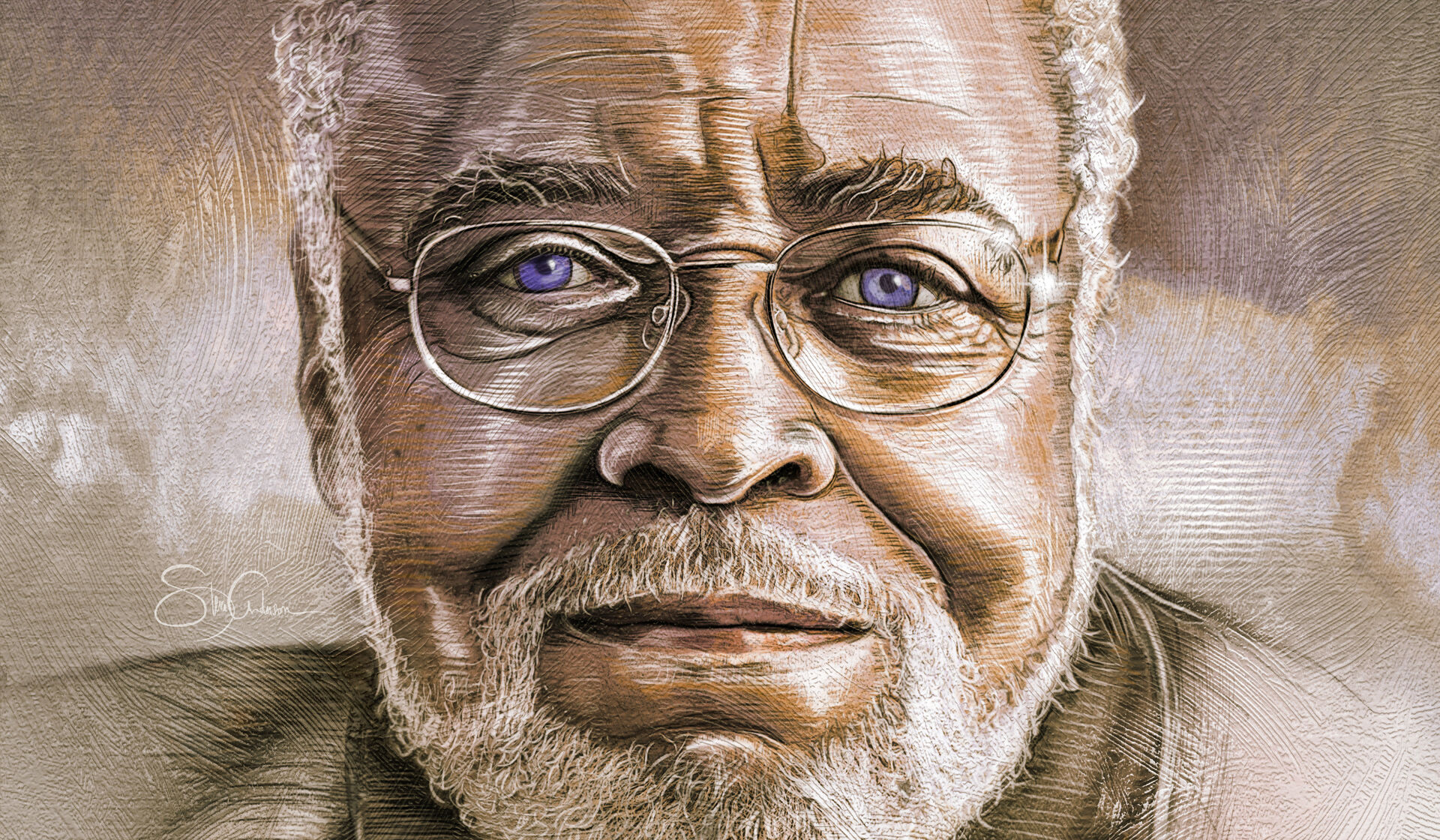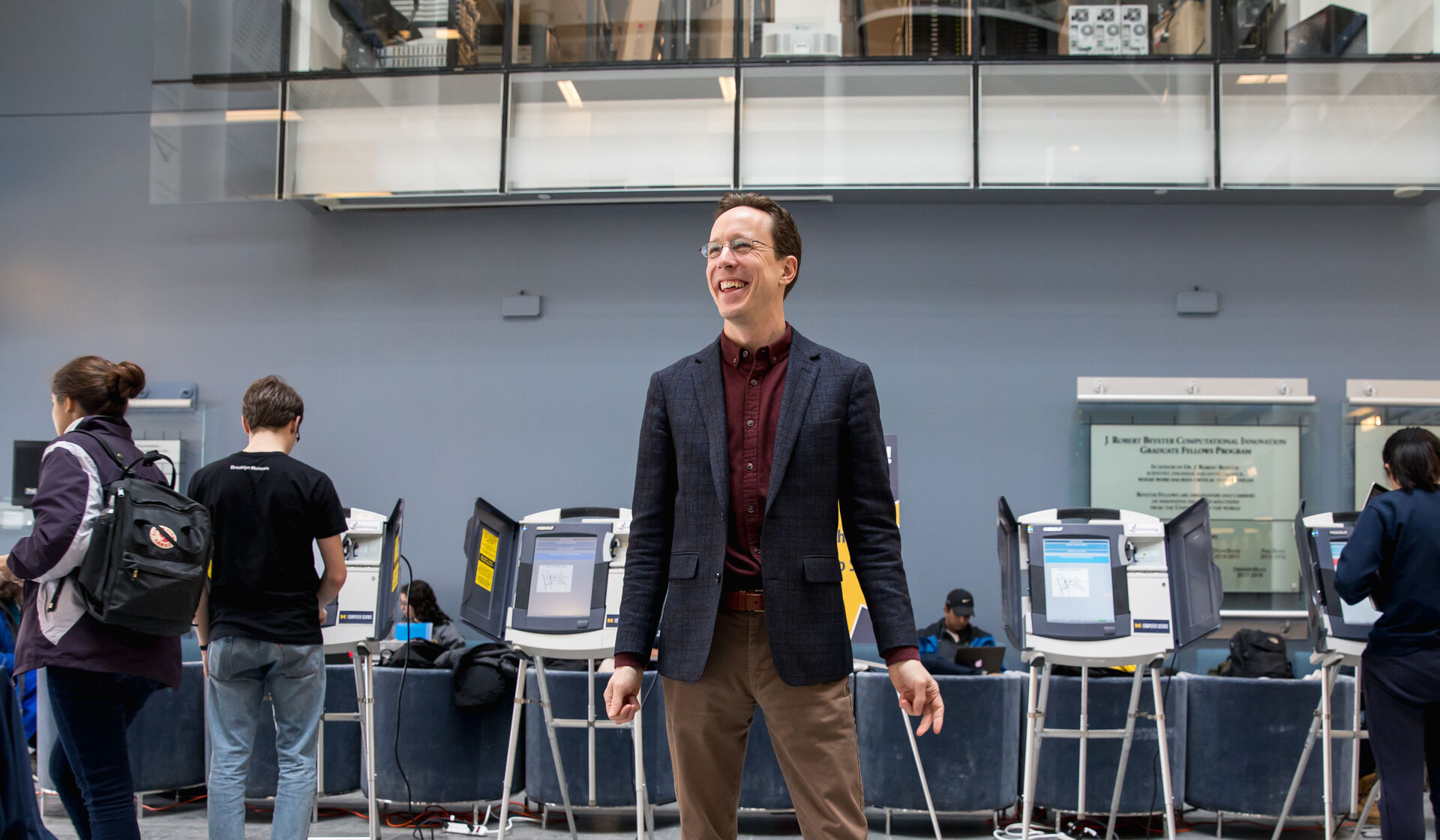Former Twitter CEO Dick Costolo,’85, HLLD’13, spoke Feb. 4 about the benefits of a liberal arts education at Rackham Auditorium. “We don’t want people wandering the planet who only have analytical business skills,” he said. “The liberal arts and the humanities help us learn what to think about even when it is very confusing and new.”
Following Costolo’s 30-minute TedX-type talk, in which he quoted T.S. Eliot, Dante, Churchill, and even David Foster Wallace, students asked about his studies at U-M, his journey to Silicon Valley, and his recent stint as a writer in Hollywood. Below are some highlights from the Q & A (student’s questions and Costolo’s answers have been condensed to less than 140 characters).
At Twitter, how did you stay focused?
I wrote on my white board, “What is the highest leveraged thing I could be doing?” to make sure I was not getting pulled into the weeds.
How do you ignore external expectations?
You see all these executives mythologized on TV and in these huge biographies, but the challenges you face are the same they all deal with.
How do you think a liberal arts education helps foster an entrepreneurial mindset?
You take risks. When you explore the outer bounds of your comfort zone, you develop an intense curiosity about what else is out there.
How did your studies affect your career?
When I graduated, I decided not to take any of the programming jobs I was offered. I wanted to go to Chicago and get into Second City.
How did doing improvisation affect you?
Improvisation teaches you to be present, right here, right now, with exactly what is happening. It is a great leadership characteristic.
Is it problematic to evaluate an education by degree?
We couldn’t have cared less what the degree was in. No one ever looked at a resume and said, “The School of Information? That is crazy.”
How have you merged humanities and technology in your career?
I read fiction all the time. You enter other people’s worlds. If you only bring your own perspective, you will make the wrong decision.
What did you learn working in Hollywood?
The writer’s room is much more free form than the board room. The show runner on “Silicon Valley” never shoved down an idea.





